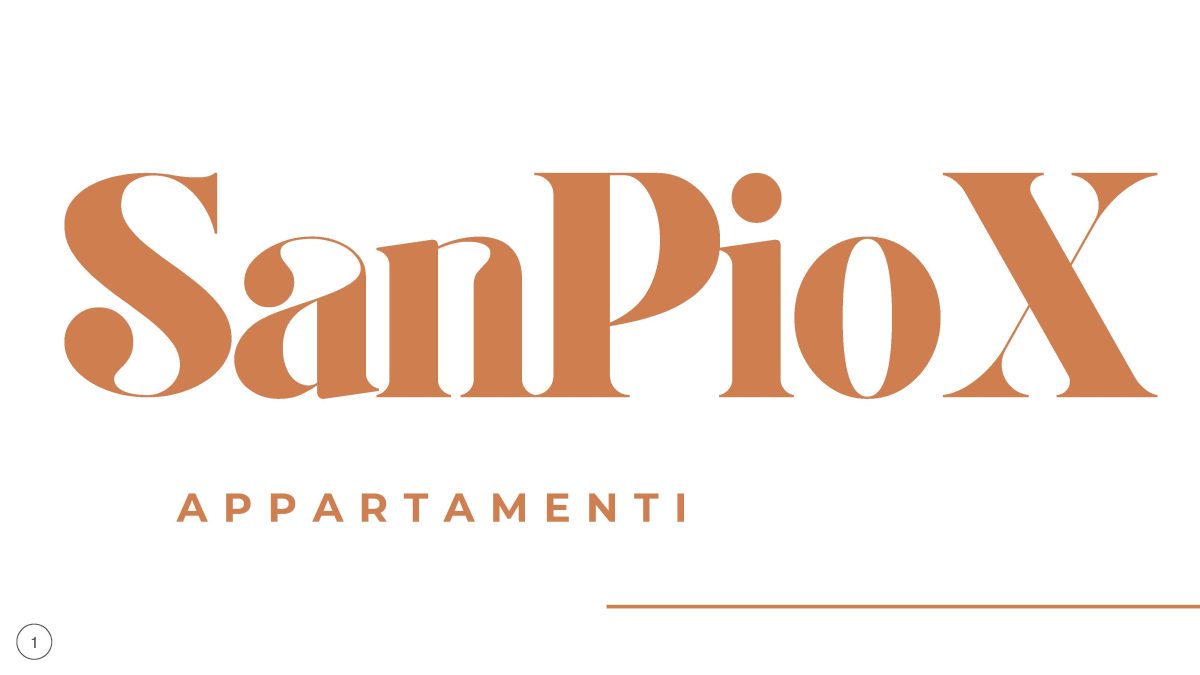Renting a House in Milan Guide for Expats & Students | How to Rent a House in Milan as a Foreigner: A Complete Guide
Milan is a dynamic and cosmopolitan city that attracts professionals, students, and expats from all over the world. If you are a foreigner looking to rent a house in Milan, you may have several questions about the rental process, required documents, and possible challenges. This guide provides all the essential information you need to navigate the Milanese rental market with confidence.
Indice dei contenuti
Understanding the Milan Rental Market
Milan’s rental market is highly competitive, especially in central areas and near major business districts. Prices vary significantly based on location, size, and property conditions. The most popular neighborhoods among expats include:
- Porta Romana Sant’Ambrogio and Porta Venezia – Elegant, well-connected, ideal for professionals. Link
- Navigli and Isola – Trendy, vibrant areas popular among young professionals and creatives. Link
- Città Studi and Bovisa – Affordable options near universities, ideal for students. Link
- San Siro, City Life – More budget-friendly, with modern housing solutions. Link
- Washington – Elegant residential neighborhood, well-connected and full of services. Check the available apartment here.
Required Documents for Renting in Milan
As a foreigner, landlords and agencies will require specific documents before signing a lease agreement. The essential documents include:
- Valid passport or ID
- Tax Code (Codice Fiscale) – Required for any legal transaction in Italy. You can obtain it from the Italian Tax Office (Agenzia delle Entrate).
- Proof of income – Work contract, bank statements, or financial guarantees.
- Residence permit (Permesso di Soggiorno) – Required for non-EU residents.
- Guarantor (if needed) – Some landlords require a local guarantor if your income does not come from an Italian employer.
Rental Contract Types in Italy
Understanding your lease agreement is crucial. The main types of rental contracts in Italy include:
- 4+4 Long-Term Contract – Standard lease lasting four years, renewable for another four.
- 3+2 Controlled Rent Contract – A three-year lease with a two-year extension, often at lower prices.
- Transitory Lease (1-18 months) – Designed for temporary stays, often used by students and professionals on short assignments.
By law, the lease agreement must be signed in Italian, but we can provide an English version to help you better understand its content.
Costs and Additional Fees
When renting a property in Milan, consider the following costs:
- Security deposit – Typically equivalent to two or three months’ rent.
- First month’s rent – Paid upfront.
- Agency fees – If using a real estate agency, expect a commission (usually equivalent to one month’s rent plus VAT).
- Utilities – Electricity, gas, water, and internet can either be registered in the tenant’s name or remain under the landlord’s name, with a monthly report of consumption costs provided.
- Condominium fees – Maintenance costs for shared areas, varying by building.
Finding the Right Property
To find a rental property in Milan, you can explore different options:
- Real Estate Agencies – Professional assistance and verified listings.
- Online Portals – Websites like Idealista, Casa.it, and Immobiliare.it offer a range of listings.
Common Challenges and How to Overcome Them
- High Demand and Fast Market – The best apartments go quickly. Be prepared to act fast.
- Language Barrier – Lease agreements are in Italian. Consider hiring a professional translator.
- Rental Scams – Avoid paying deposits before visiting the property and verifying the landlord’s identity.
- Strict Landlord Requirements – If you lack an Italian work contract, offer a larger deposit or a reliable guarantor.
Finalizing the Rental Process
Once you find the right apartment, follow these steps:
- Negotiate terms – Confirm rent, fees, and conditions before signing.
- Sign the contract – Ensure both parties sign a legally registered lease.
- Register the contract – The landlord must register the lease with the Italian Tax Office.
- Set up utilities – Utilities can be registered in your name or remain under the landlord’s name with a monthly consumption report.
- Obtain residency (if applicable) – If staying long-term, register your address with the local municipality.
Renting a house in Milan as a foreigner can be challenging, but with the right preparation, you can find a home that meets your needs. Understanding the rental market, gathering the necessary documents, and working with trusted agencies are essential steps to ensure a smooth process.
At Immobiliare Santalfredo, our staff includes professionals who speak English and Spanish, making communication easier for international tenants.
We also rent to university students and have hosted many international students over the years who attended Milan’s top universities, such as Politecnico di Milano, Bocconi University, University of Milan, and Università Cattolica del Sacro Cuore and Marangoni, If you need professional assistance, consider working with a reputable real estate agency to simplify your rental experience.
Renting a House in Milan Guide for Expats & Students
Want to sell your house now!
Take the first step towards an important change.
Knowing the value of your home will give you more control and the chance to get the result you are looking for.
Evaluate your Home! Sell your house with us!











